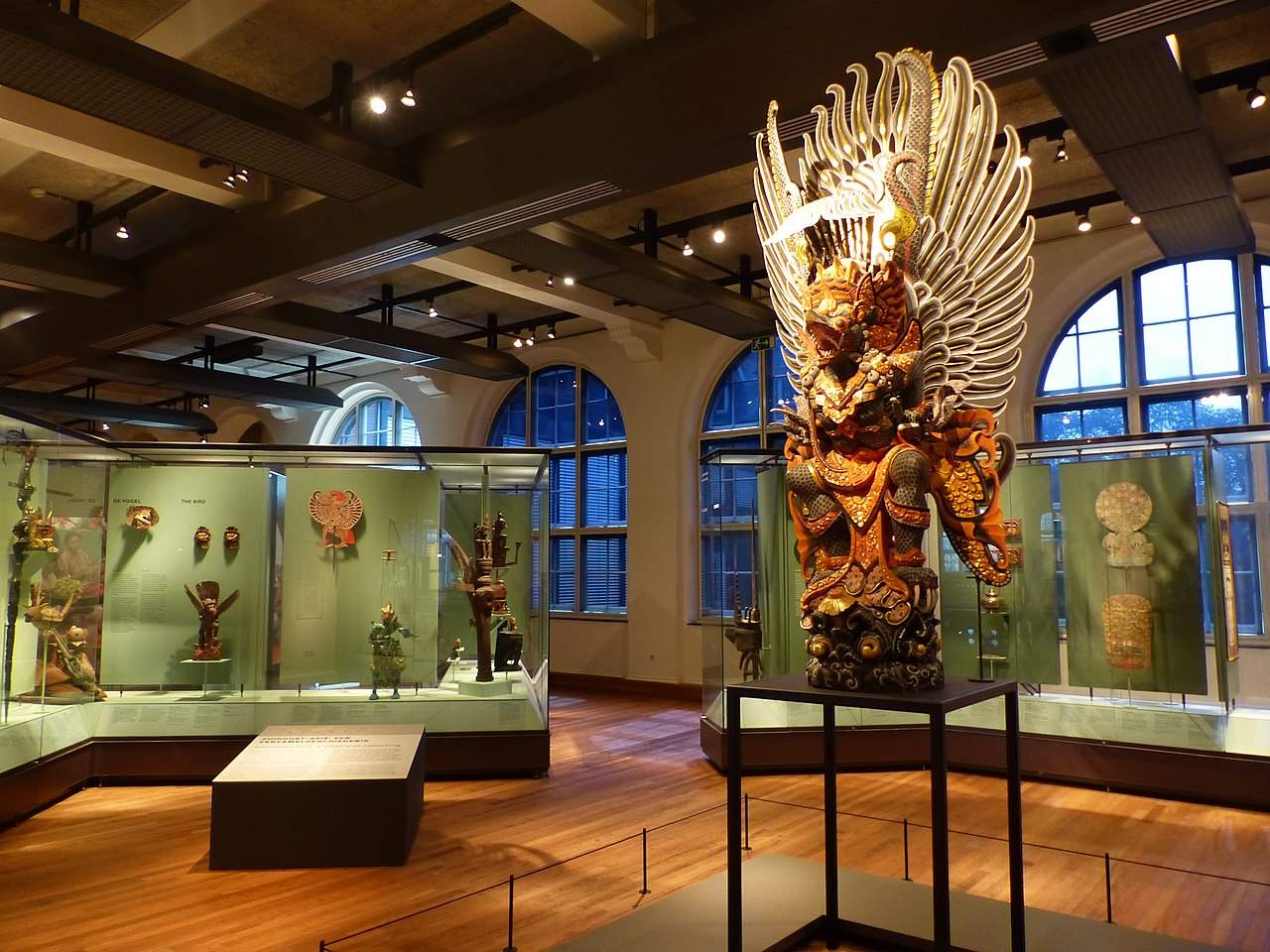Historic Dutch decision: government will return stolen works to countries of origin
Historic decision by the Netherlands: the Ministry of Education, Culture and Science (Ministerie van Onderwijs, Cultuur en Wetenschappen, OCW) has in fact decided that the country will return to their countries objects that were misappropriated in the past, during the era of colonial rule, and are now in Dutch museum collections. This is a way, the ministry makes known, to repair injustices. This is the official position of the Dutch Ministry of Culture following the latest opinions of the Raad voor Cultuur (the Council for Culture, an advisory body that is the counterpart of our Superior Council of Cultural Heritage) and the Commission for National Policies on Colonial Collections, a body, chaired by jurist Lilian Gonçalves-Ho Kang You, established in 2019 with the aim of suggesting policies for cultural decolonization.
This is, the Ministry of Education, Culture and Science makes known, a first step toward the careful management of colonial collections: due to the policies pursued by the Netherlands at the time, several cultural goods (objects, artworks, documents and more) that were not supposed to be exported from their countries of origin because they were illegally taken ended up in the country’s museums, and the former colonies lost important pieces of their cultural heritage. As a result, the Dutch government intends to remedy a historical injustice by returning cultural goods to their countries of origin and strengthening international cooperation in this area.
How will restitution policies be initiated? The ministry has let it be known that an independent commission will be established to evaluate restitution requests: independent, thorough and transparent investigations are indeed essential for careful handling of the matter. The new commission will be tasked with verifying, after a thorough investigation of the provenance of the objects that will be requested from the former colonies, whether there are grounds for restitution if the object is lost on an involuntary basis.
The Netherlands will establish three types of objects that will be eligible for return to the countries of origin. The first are objects looted from former Dutch colonies, which will be returned unconditionally. The second are objects stolen from former colonies in other countries, and the third are objects that have special cultural, historical or religious significance to the country of origin. In the latter two cases, the evaluation committee will try to make a check on the basis of the interest around the individual objects (this interest, the ministry announced, is checked on the basis of the importance of the object to the country of origin, its importance to Dutch collections, the possibilities of ensuring its good condition in the future, and the ability to make it accessible to the public).
“The colonial past,” said Dutch Minister of Culture Ingrid van Engelshoven, “is an issue that still touches so many people on a daily basis. We therefore need to handle colonial collections with care. I think it is important that colonial collections are accessible and tell their stories from different perspectives. This can also involve a painful confrontation with the injustices of our past, injustices that can sometimes still be felt today. A looted cultural property does not belong in national collections. If a country wants it, we return it.”
Finally, the Netherlands made it known, as anticipated, that cooperation with the countries of origin of cultural goods will be strengthened, on the basis that only dialogue with former colonies can provide the basis for redressing injustice. The government of the Netherlands will therefore work to intensify exchanges, especially those aimed at research and knowledge acquisition, withIndonesia, Suriname and Caribbean countries. As part of this dialogue, the Netherlands will focus on issues such as accessibility and sustainable management of cultural assets after returning to their countries of origin.
Pictured: a room at the Tropenmuseum in Amsterdam. Ph. Credit Elekes Andor
 |
| Historic Dutch decision: government will return stolen works to countries of origin |
Warning: the translation into English of the original Italian article was created using automatic tools. We undertake to review all articles, but we do not guarantee the total absence of inaccuracies in the translation due to the program. You can find the original by clicking on the ITA button. If you find any mistake,please contact us.



























